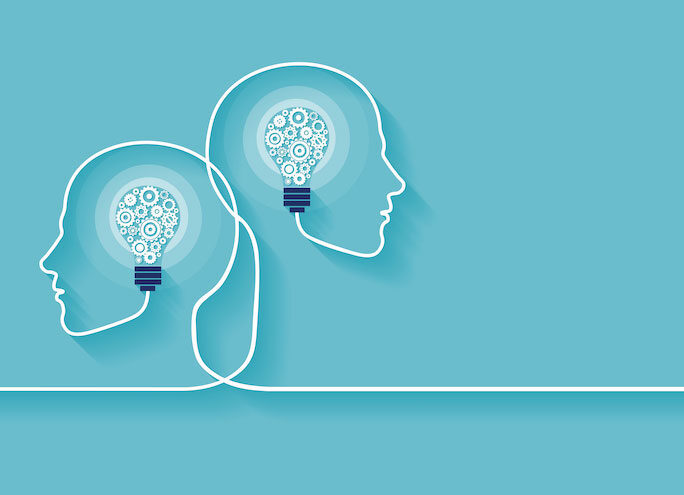- Our story
-
Our services
-
Custom insights >Our custom research and insights answer your biggest questions and support your business goals
-
Syndicated insights & RWE >Our syndicated research solutions provide readily available real-world evidence and insights into diseases and therapy areas across the globe.
-
Our expertise
-
Healthcare sectors >We have extensive experience in the following health and life sciences sectors:
-
Territory expertise >We have expert knowledge of the healthcare environment in many global and emerging markets, bringing real value with our depth of insights.
-
Therapy area knowledge >We have experience and expertise in all the major therapeutic areas.
Centers of expertise
Our centers of expertise span therapeutic areas, markets and geographies, and are underpinned by these four core research principles:
- Our thinking
- Join RP
